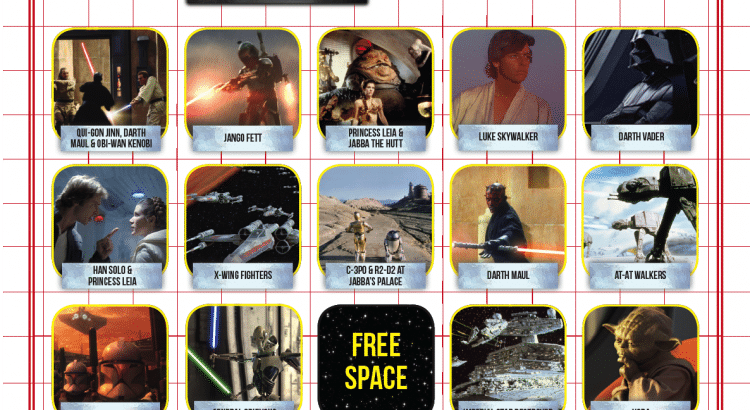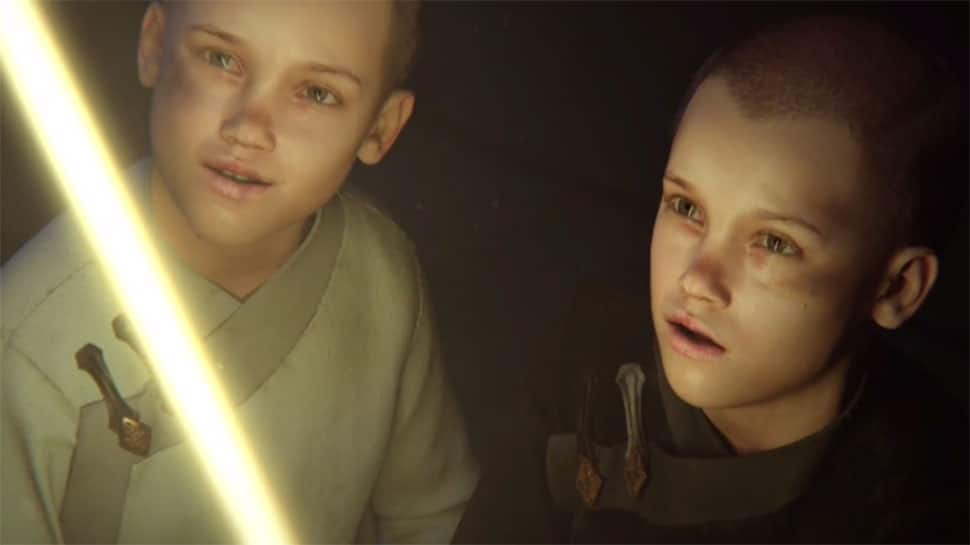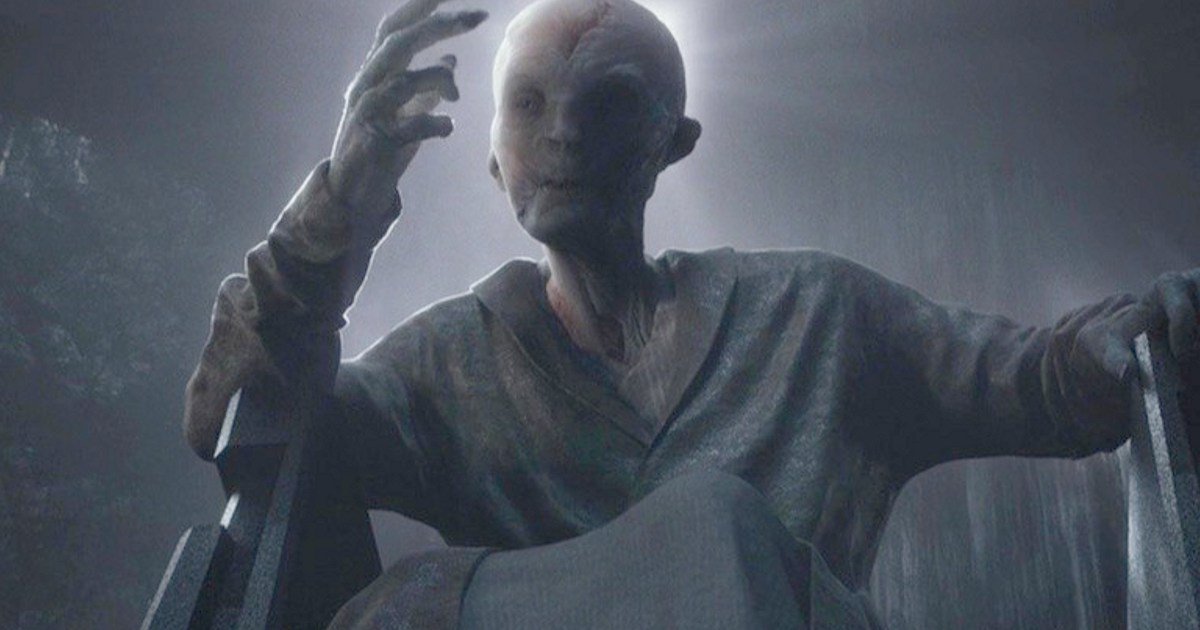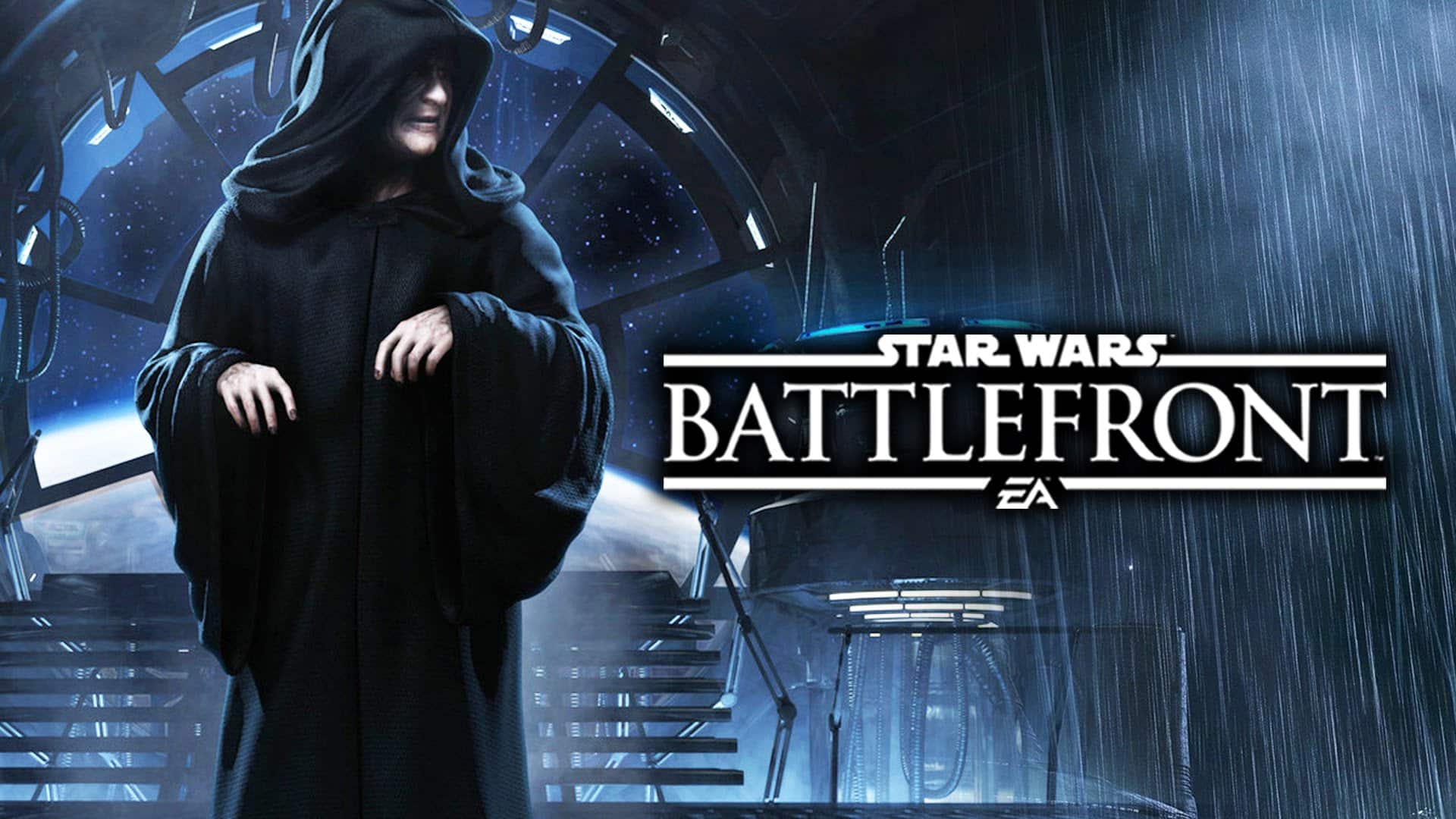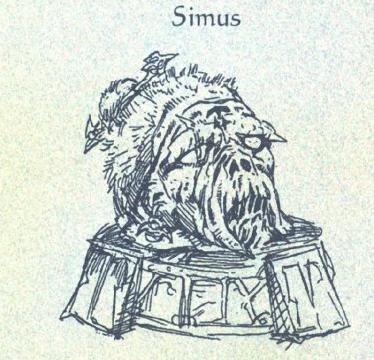When playing online Bingo for cash, nothing is quite so destructively seductive as math.
One so-called “system” after another purports to tell players how to clean up in bingo for cash games . Time after time, just by knowing which cards to reject and which to buy makes this a reality. One game after another demonstrates that these systems seem sound in theory but almost always crumble in practice with a narrow few exceptions.
In fact, there’s only one even somewhat-solid modus operandi for picking Bingo for cash cards. Even that proven edge is a very slim one, and rarely enough to really “take” the house in one of the purest games of chance.
Granville & Tippett
Two otherwise remarkable statisticians and analysts can lay claim to the most widely – and mistakenly – accepted theories of finding order in a Bingo for cash draw’s chaos.
Stock market pundit Joseph Granville sees a online bingo card about the way a Jedi knight views the Force: best when balanced. Granville theorizes in How To Win At Bingo (currently out of print, but with reviews littered here and there online) that an equal distribution of odd and even numbers of both low and high totals afford the greatest chances to win. On the other hand, “extreme” distributions that lean toward low, high, even or odd integers puts too many eggs in one “basket” to keep probabilities of drawing your numbers high.
L.H.C. Tippett is a more curious case. Respected despite being so obscure that many sources referencing him misspell his name, he believes the secret to a Bingo for cash winning streak is more akin to the secret to raising a big family: it’s all in the balls. His theory holds that the closer the average of a card’s numbers is to 38 in a 75-ball Bingo game or 45 in a 90-ball game, the greater the chances of winning in a drawn-out game with a great many numbers being called. Of course, he also posits that totals far off that average tend to perform better in expected shorter games.
The More The Merrier: Heavy Depositor Effect
One constant of Bingo for cash destroys nearly every system, however: nothing changes the fact that all numbers are still being drawn completely at random for millions of possible combinations of cards from which the ones in play could be chosen. There’s one potentially expensive way to keep winning time after time: pre-buying cards heavily with frequent and heavy depositing.
This keeps frequent players in the game online even when they can’t be at a computer. Most online Bingo for cash sites set a 96-card maximum per player for any one game. If you happen to be playing a single card, these players indeed each have 96 times the chance of winning that you do – if it’s just you against that one player. I did have luck winning on just one card when I played at Bingo Hall a few months back.
Of course, that would never happen. In any game without a guaranteed jackpot, that few buy-ins wouldn’t cover the cost of the cards, although you’d clean up handily with a win.
It’s an advantage many sites choose to combat as preemptively as possible. A number of Bingo for cash sites provide games with low maximum-ticket limits, usually around a dozen or so. It’s fortunately a phenomenon exclusive to online Bingo for cash games. It would take the speed of the Flash, the Doctor’s propensity to hopscotch through time and space and the attention-to-detail of Dustin Hoffman in Rain Man to pull off daubing upward of 100 cards in a live Bingo hall.
Come to think of it, that sounds like the best Bingo Night ever….


